Dean Miller: Coaching, development, and life in Birmingham
James Davis sits down with University of Birmingham athletics coach Dean Miller to talk about his coaching journey.
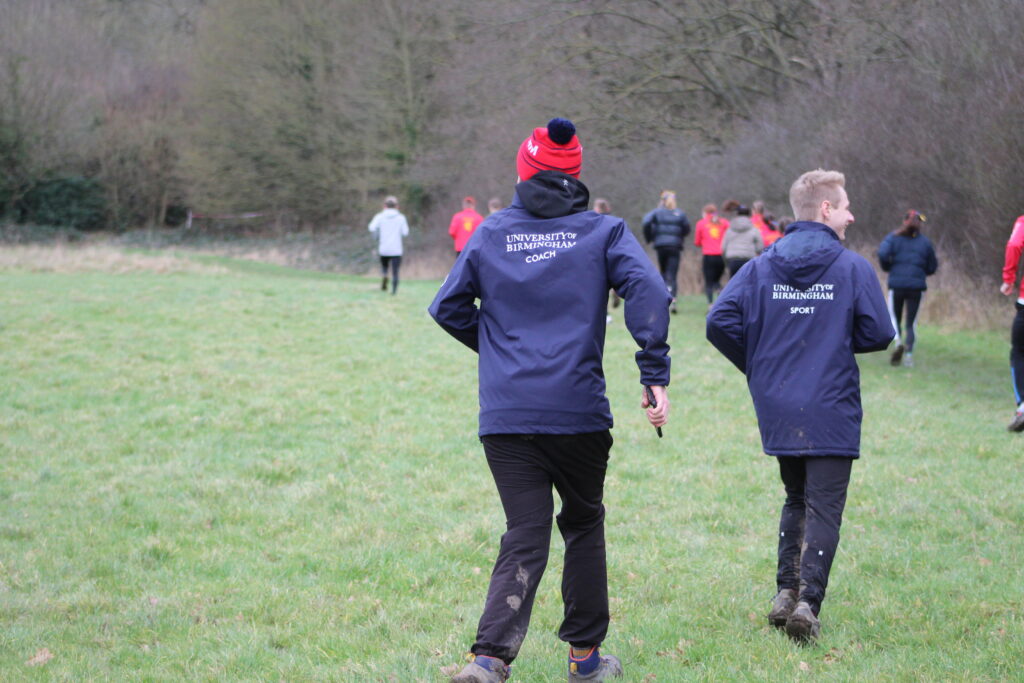
“Once you come to Birmingham, you never leave.”
Rather than some imagining of the UK’s second city as an inescapable purgatory, this is a view shared by many who have passed through the University of Birmingham’s athletics club, including coach Dean Miller.
Having arrived in the city to start an undergraduate degree 15 years ago, Miller is the embodiment of the phrase.
Two degrees, fifteen years, and a Paralympics later, the Barrow-in-Furness-born coach is playing a major part in the growing athletics success of the university, not that he would admit it.
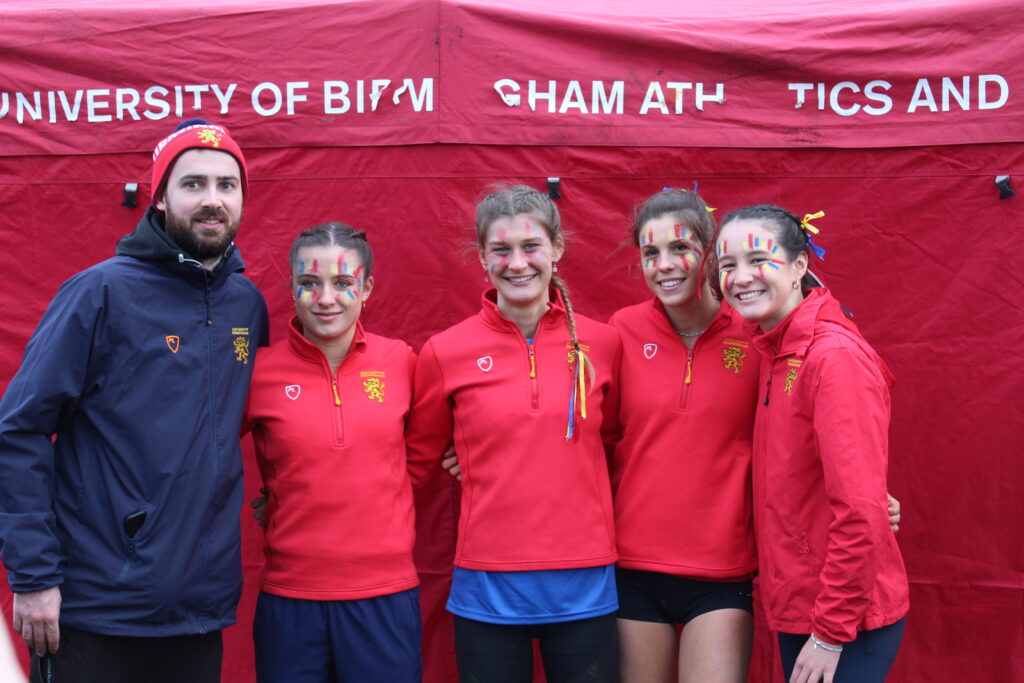
When Tomer Tarragano pulls on his first ever British vest at this weekend’s European Cross Country Championships, he will be Miller’s second athlete to do so, after Ellen Weir’s World Mountain Running Championships fourth place in November shortly after she joined the university.
Whilst other athletes have achieved international selection under his tutelage, including a resurgent outing from middle distance prodigy Sabrina Sinha in British Universities colours in March, this one stands out, with Tarragano having been with Miller since joining the Midlands university in 2020.
“Tomer is certainly the first one that I’ve coached for a long time [to be selected for a British team], I don’t think I can take loads of credit for Ellen”, admitted Miller.
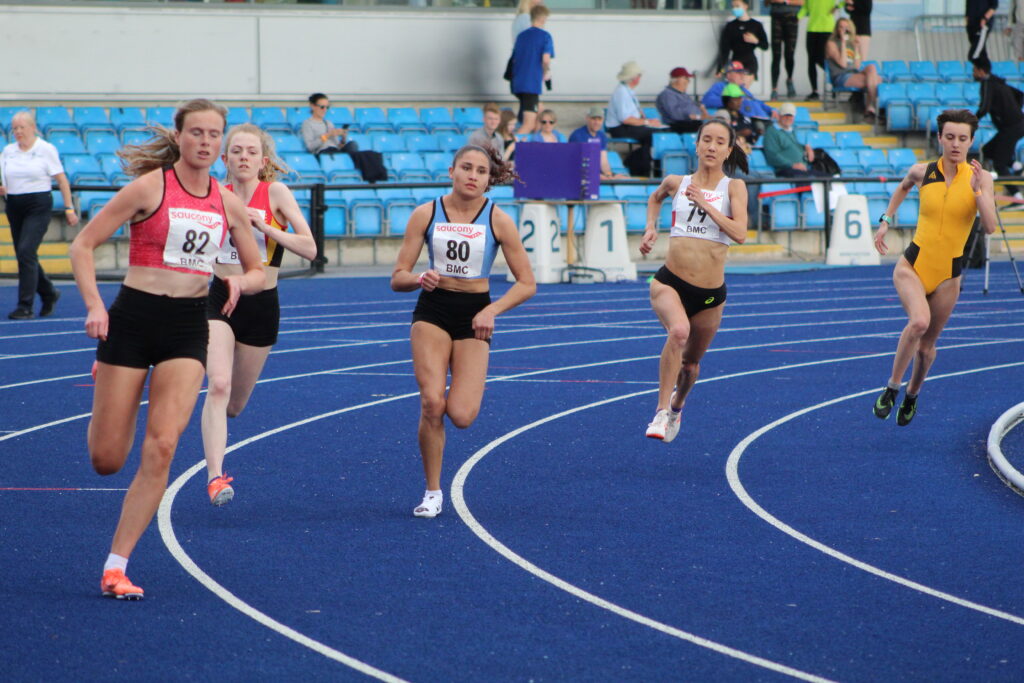
With this international selection, Miller is reaping the success of a long-term project in the city, six years after the start of his coaching career. The fact that he and others refer to the university’s setup as a community rather than a training group is telling, and the approach looks to be paying off.
An increasingly talented intake means that Tarragano joined the university in a male cohort that included English Schools’ medallists David Stone and Kristian Imroth, and current BUCS short course cross country champion Ethan O’Shea.
Go up an academic year, you find Tokyo Olympian Oliver Dustin. Down one and there’s Liam Rawlings and Will Barnicoat, both British team members at European Cross in 2021, the latter also leading this year’s U20 team.
For those who graduate, their athletic lives often remain in the city. At this year’s English 6-Stage Relays, three recent graduates made up half of a highly-placed team for Birmingham Running, Athletics, and Triathlon Club, the community club based at the university track.
Student-athletes making Birmingham their home might not come as a surprise, given the role the athletics club and its coaches play in navigating the major transition from home life to university.
In a sport where so many athletes are lost to other pursuits around university age, competitive success is second to personal development for Miller: “I always said that some of my greatest accomplishments in coaching were keeping people in the sport, and developing people in a range of different ways.”
In an athletics journey that started as a club athlete, transitioning to a coaching career via a journey that includes lottery funding, a European bronze medal, and working in special educational needs provision in a secondary school, Miller exemplifies the fact that when life stops as an athlete (a ruptured patellar tendon in his case), life in athletics can continue.
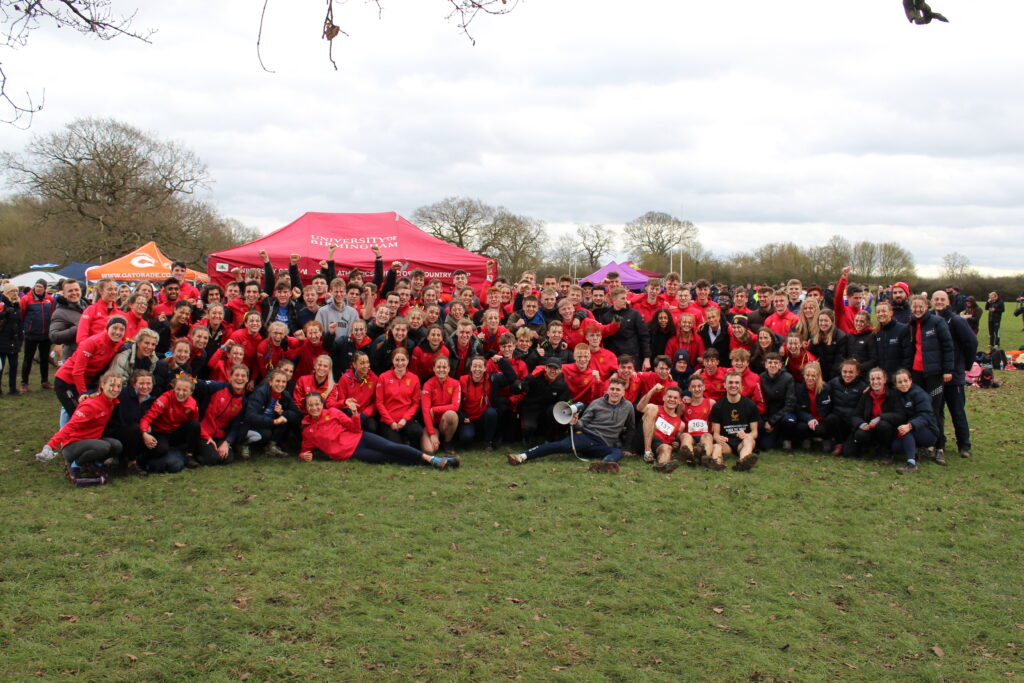
Outside of the national setup, there are very few professional opportunities going in a sport which feels a long way from breaking free of its culture of amateurism, a fact that the 33-year-old is acutely aware of: “I know I’m in a fortunate position to be paid for what I love.
“I do it because I love it, and I could be probably living a more comfortable lifestyle and not working 24/7, but [it’s important] to feel that you’re building something, and keep Bud [Baldaro]’s legacy going.”
It is hard to write about athletics in Birmingham and not mention Baldaro, a coaching giant with a profound impact on Miller when at the university and also across his time in athletics.
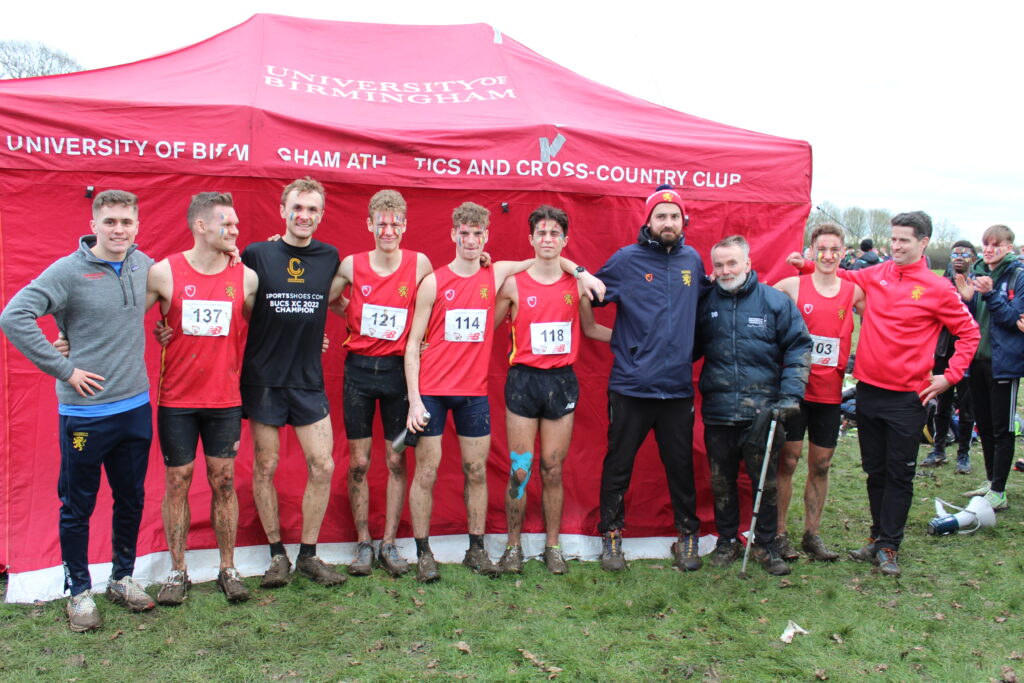
At the 2014 European Championships where his T38 1500 metres bronze medal was won, Miller recounts Baldaro dodging officials to deliver a personal touch.
“The final was on my birthday, and Bud managed to get in the call room to give me a card, which is mental,” Miller says. “We obviously know you can’t get in the call room.”
The same passion for person, rather than athlete, is employed by Miller in his own practice: “Central to my coaching philosophy is relationship, and feeling like whatever happens performance-wise, if I’ve committed to coaching that person, they feel that they can reach out, have a chat, regardless of if they’re training.”
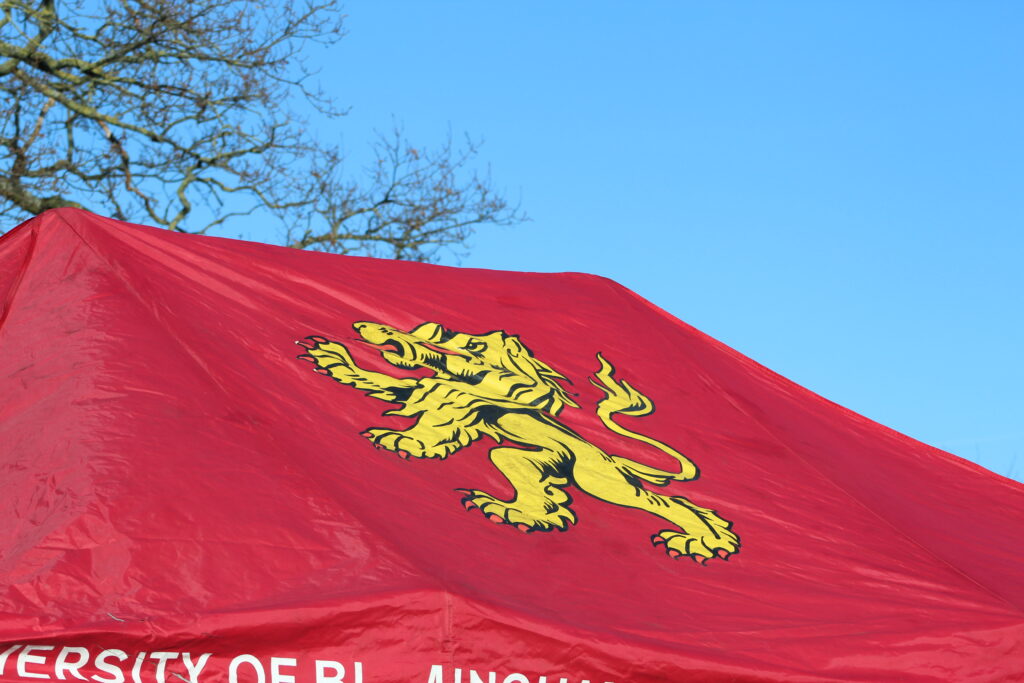
Having had an international competitive career lasting almost a decade, competing in the 2006 World Championships having just turned 17, to securing his sole international medal in Swansea eight years later, the zeal Miller had as an athlete is still there, tempered by experience.
“I’m naturally a very all or nothing person, and it’s a real strength and a weakness of mine. I think it’s made me a good athlete, a good coach, and come to a good university,” Miller says, a statement that reflects the dedication that saw him named as a Safe Sport Champion at the university for keeping the athletics club moving during Covid-19.
“It can be also super destructive. I’ve learnt, I’m very self-aware, I probably wasn’t as self-aware as an athlete. I know at my best and worst moments how to mediate myself, and how to look out for myself, and get a little bit of balance in.”
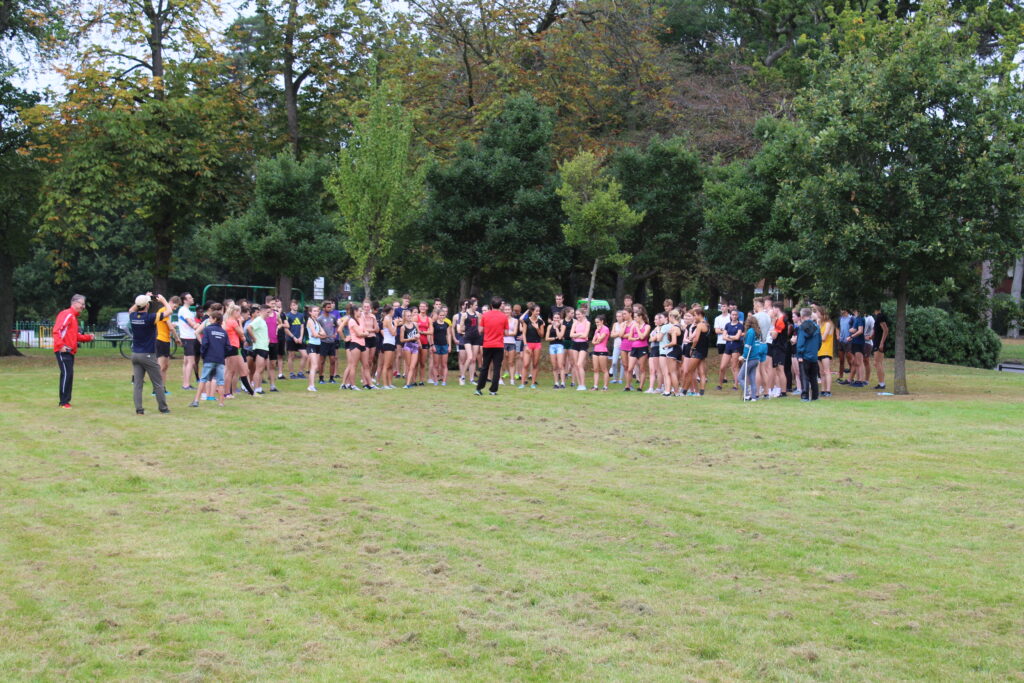
Settled in the Birmingham coaching setup alongside Head of Athletics Luke Gunn, delivering a youth athletics academy alongside Hannah England, and working with British Athletics’ para-athletics programme, athletics development is the golden thread sewn through all elements of Miller’s life.
However, as with many a former athlete, the competitive flame is still there: “I’d be doing something else if I didn’t want to progress things, and really take athletes to a future Olympics or Paralympics.
“There’s definitely a desire. It’s that desire I had as an athlete that made me probably end my career quite early, because I was quite intense, but I needed to fill that void, and coaching definitely more than filled that void.”
Unsurprisingly, this Sunday will be spent at Telford 10K, a fast course that attracts even faster athletes, including a fair proportion of Miller’s stable.
A stopwatch in one hand and a European Championships livestream in the other, multi-tasking as best he can to support his athletes, Miller would likely not have it any other way.
When it’s suggested to him that the 2026 European Athletics Championships will be in Birmingham, on the tenth anniversary of him becoming a coach, he gives a wry smile: “It would be nice to have someone there, wouldn’t it?”
Read more: European XC Championships another step forward for Tomer Tarragano